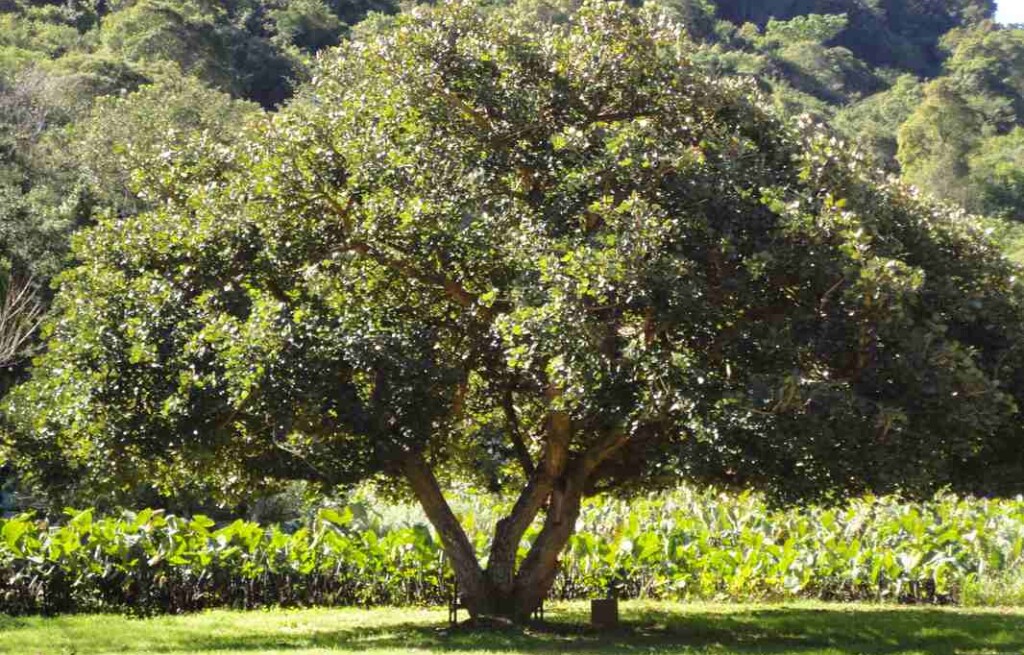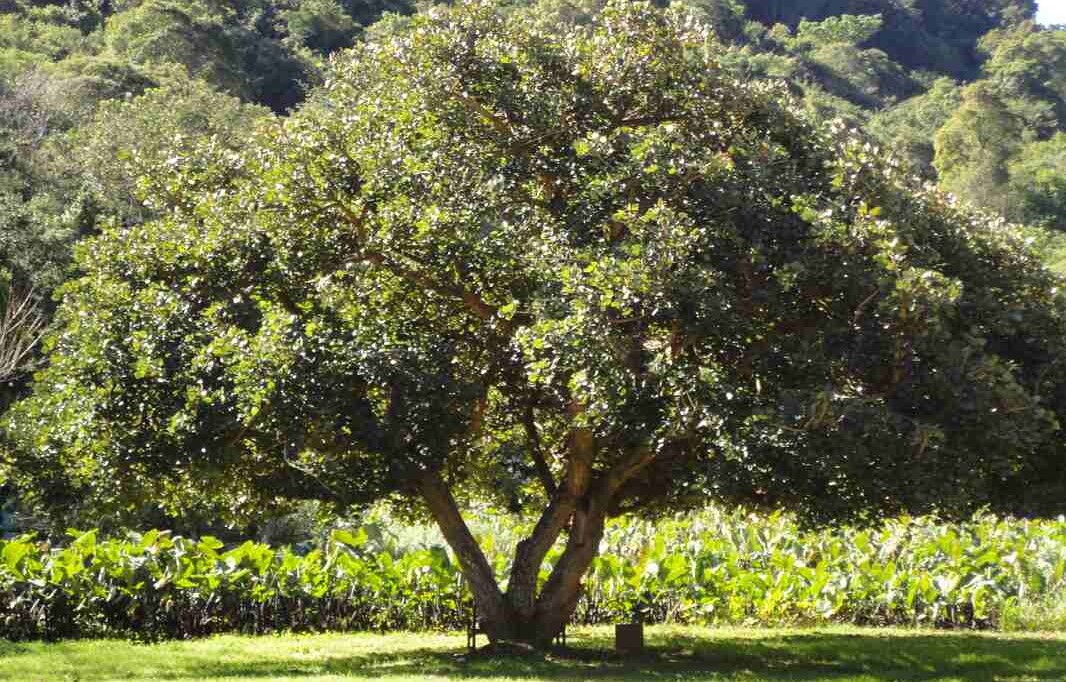
Over 200 plants will have their species name changed to remove an offensive South African apartheid-era racial slur after the results of a vote from the International Botanical Congress.
In a thoroughly debated session in the recent meeting in Madrid, the vote passed 351 to 205 to rename all current botanical species with the species name caffra to affra.
Margherita Bassi, writing for Smithsonian, explains that this means the coast coral tree Erythrina caffra will be called Erythrina affra and that the decision marks the first time taxonomists have voted in favor of changing offensive scientific names.
A lot goes into naming species: it’s official business that in just a few years can cement any given name in dozens of pieces of written and digital literature, and for that reason many in the international community of taxonomists resist urges to rename species.
This has included situations where species have been named after war criminals like Hitler and Mussolini—it’s just a confusing pain in the butt, and one reason why a not insignificant number of taxonomists feel that no species should ever bear the name of a specific person—even a perceived virtuous one, as their record of morality can always be revised in the face of new evidence.
In this case however, “caffra,” also spelled Kaffer or Keffir, is a derogatory term used by Afrikaans speakers towards black people in southern Africa, and despite its genesis as a slur, it seeped into the public zeitgeist to describe something coming from Africa.
YOU MAY ALSO LIKE: Biologist Finds Beautiful Blue Gecko, Named the New Species ‘Vangoghgi’
Fortunately, so many species bear this name, and the change is to simply remove that ‘c’ that the decision has the potential to become common knowledge rather rapidly, especially because Afr fits much better as a prefix to describe something coming from Africa.
WHAT’S IN A NAME?: An Animal New to Science is Named After Indiana Jones, ‘Why Did it Have to be Snakes!’ – Tachymenoides Harrisonfordi
“This is an absolutely monumental first step in addressing an issue that has become a real problem in botany and also in other biological sciences,” botanist Sandy Knapp of the Natural History Museum in London, who managed the weeklong nomenclature session, tells the Observer’s Robin McKie. “It is a very important start.”
SHARE This Quick Fix To Erase An Ugly Inhuman Legacy From The Science Literature…




















